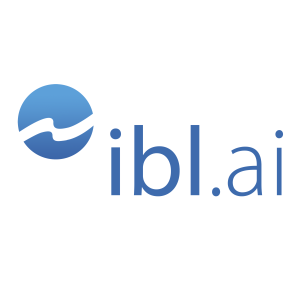
Thursday Apr 03, 2025
University of Texas at Austin: Protecting Human Cognition in the Age of AI
Summary of https://arxiv.org/pdf/2502.12447
Explores the rapidly evolving influence of Generative AI on human cognition, examining its effects on how we think, learn, reason, and engage with information. Synthesizing existing research, the authors analyze these impacts through the lens of educational frameworks like Bloom's Taxonomy and Dewey's reflective thought theory.
The work identifies potential benefits and significant concerns, particularly regarding critical thinking and knowledge retention among novices. Ultimately, it proposes implications for educators and test designers and suggests future research directions to understand the long-term cognitive consequences of AI.
- Generative AI (GenAI) is rapidly reshaping human cognition, influencing how we engage with information, think, reason, and learn. This adoption is happening at a much faster rate compared to previous technological advancements like the internet.
- While GenAI offers potential benefits such as increased productivity, enhanced creativity, and improved learning experiences, there are significant concerns about its potential long-term detrimental effects on essential cognitive abilities, particularly critical thinking and reasoning. The paper primarily focuses on these negative impacts, especially on novices like students.
- GenAI's impact on cognition can be understood through frameworks like Krathwohl’s revised Bloom’s Taxonomy and Dewey’s conceptualization of reflective thought. GenAI can accelerate access to knowledge but may bypass the cognitive processes necessary for deeper understanding and the development of metacognitive skills. It can also disrupt the prerequisites for reflective thought by diminishing cognitive dissonance, reinforcing existing beliefs, and creating an illusion of comprehensive understanding.
- Over-reliance on GenAI can lead to 'cognitive offloading' and 'metacognitive laziness', where individuals delegate cognitive tasks to AI, reducing their own cognitive engagement and hindering the development of critical thinking and self-regulation. This is particularly concerning for novice learners who have less experience with diverse cognitive strategies.
- To support thinking and learning in the AI era, there is a need to rethink educational experiences and design 'tools for thought' that foster critical and evaluative skills. This includes minimizing AI use in the early stages of learning to encourage productive struggle, emphasizing critical evaluation of AI outputs in curricula and tests, and promoting active engagement with GenAI tools through methods like integrating cognitive schemas and using metacognitive prompts. The paper also highlights the need for long-term research on the sustained cognitive effects of AI use.
No comments yet. Be the first to say something!